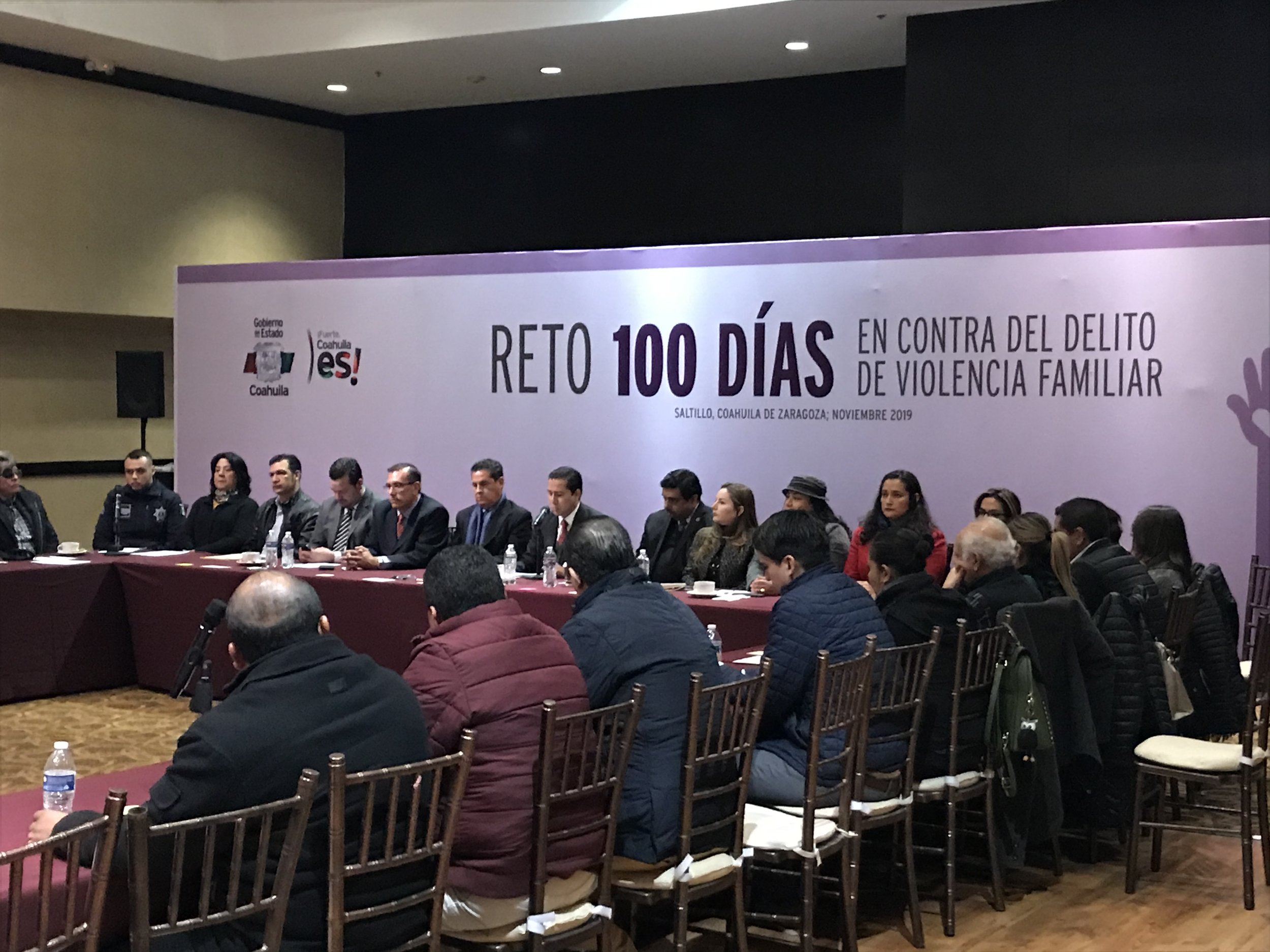Gender-Based Violence
Gender-based violence is a global crisis. Each year, hundreds of millions of people are affected. Outdated systems leave survivors feeling isolated and unsupported. This is unacceptable and underscores the need to act now.
Our work on this issue has touched communities in the Dominican Republic, Mexico, South Africa, and beyond. The impact shows systems change that increases safety and responsiveness isn’t just possible, it’s happening.
Our Impact in Gender-Based Violence
Systems Change
Leaders, frontline staff, and people with lived experience know better than anyone that change can’t wait. And that’s exactly why everyone’s voice is needed for real systems change. When silos are broken and communities set bold goals together, anything is possible, including:
Decreasing recidivism rates for male defendants
Creating new 911 software and protocols
Increasing the number of gender-based violence cases resolved
From peer support centers to cross-sector data sharing, your community can receive the support needed for real and lasting change. RE!NSTITUTE Catalysts (coaches) can help you test new ideas and apply proven methodologies through:
RE!NSTITUTE 100-Day Challenges ® : designed to spark innovations, and deliver fast results and systemic change.
Spread & Scale: builds on the breakthroughs of past 100-Day Challenges ® so communities don’t have to start from scratch.
Learning Communities: online communities where peers connect across sectors to work through problems and exchange solutions.
“The Challenges have helped me a lot personally and professionally. I even use aspects of the methodology at home with my family.”
Your community has the knowledge and determination to end gender-based violence. With the right support and collaboration, that potential can become reality.




